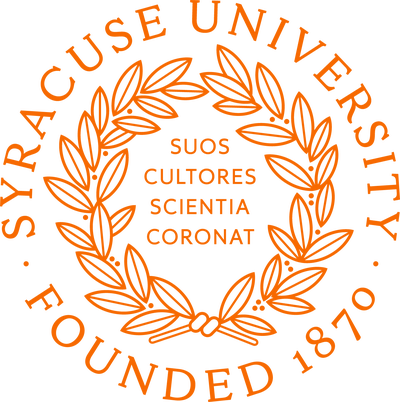Coming to Syracuse University in August 2023!
The Lucas Lab will focus on understanding microbial community functions in a range of contexts from human health & disease to biotechnology applications.
The Lucas Lab will be affiliated with the BioInspired Institute and invites interdisciplinary collaborations that focus on the interface of material and living systems.

Research
The study of bacteriophages - viruses that have bacterial hosts - has led to several paradigm-shifting discoveries in biology, and transformed the fields of biotechnology and medicine. The age of genomics continues to reveal that the diversity of phages and their bacterial hosts extends far beyond what has been studied through laboratory cultivation and experimentation. Likewise, phages are becoming increasingly recognized as an influential compartment of the human microbiome as sources of genetic diversity, biomarkers of disease, and as potential therapeutics. These and other advancements have ushered in a revitalized interest in phage research. Our group is dedicated to using an interdisciplinary and multi-scale approach to advance our knowledge of phage-bacterial relationships and their consequences in microbial communities.
Expanding phage research in anaerobic systems
The technical ability to resolve phage-related sequences from metagenomic data is currently experiencing rapid growth. As algorithms improve, and databases grow, we can begin to appreciate that many of bacterial members of the human microbiome and the phages they host are yet to be characterized. Historically, phage research has centered around medically or industrially relevant bacteria that are easily cultivated under normal laboratory conditions. However, some of the most abundant and prevalent bacteria in the human microbiome are obligate anaerobes, complicating the characterization of them and their cognate phage populations. Our research places a special emphasis on studying such organisms.